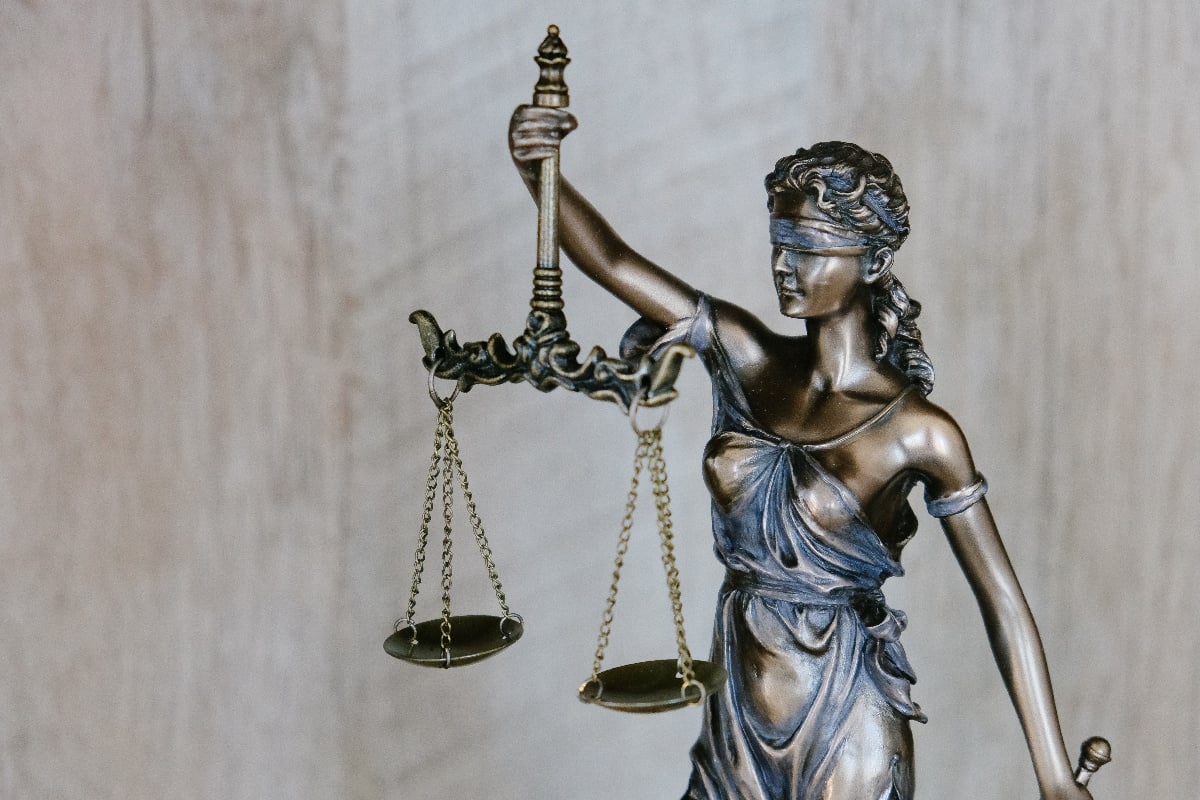- Law Practice Areas
- Resources For You
- Child Support Calculator
- Take Our Divorce Quiz
- Protect Your Assets and Net Worth During Divorce
- Blog
- Family Law Videos
- Your Guide to California Divorce
- Your Guide to Child Custody & Support
- Everything You Need to Know About Getting a Prenup
- An In-Depth Look at Divorce Mediation
- Top Considerations for High Asset Divorce
- Our Legal Team
- Locations
- Reviews
- Contact

If you are struggling with debt, filing a petition for bankruptcy may be the answer. However, not all chapters of bankruptcy are the same and not all bankruptcy cases allow the debtor to keep the same property.
This article will briefly describe the various kinds of bankruptcy options available to California debtors, the California bankruptcy exemptions available to those debtors (including the homestead exemption and the California bankruptcy car exemption), and more.
Types of Bankruptcies in California: Most California Debtors Will Choose Between Chapters 7 and 13.
A Chapter 7 petition is commonly referred to as a “liquidation,” but a majority of Chapter 7 cases are “no asset” cases. This does not mean that the debtor has no assets; it means that the debtor is not likely to lose any assets in the process.
This is the easiest, shortest, and most preferable of the chapters because the debtor in a Chapter 7 case makes no payments to his creditors and usually keeps most (if not all) of his property by applying an “exemption.” The end result is a court order of “discharge,” meaning that the debtor no longer owes those debts and gets a fresh start.
A Chapter 13 petition is a “reorganization” and results in the debtor making monthly payments to her bankruptcy trustee for between three and five years pursuant to a repayment plan that’s approved by the bankruptcy court. Once the plan is complete, the remaining debt is “discharged” and the debtor is no longer obligated to pay anything on it.

Unlike a Chapter 7 case, the trustee in a Chapter 13 does not seize any of the debtor’s property. Rather, the debtor pays into her plan at least as much as the trustee would be able to liquidate if the debtor filed a Chapter 7 case. In a sense, the debtor is buying back his or her non-exempt property from the trustee. For this reason, the law of exemptions is very important in both chapters.
Why might a person choose one chapter over the other? One might choose a Chapter 7 bankruptcy where he has few or no assets subject to liquidation and does not need some of the benefits that a Chapter 13 case provides.
Also, because Chapter 7 provides no monthly payments to creditors, the bankruptcy law provides an income test that prevents higher earners from filing a Chapter 7.
Essentially, if a debtor can pay at least part of her debts pursuant to a financial formula in the Bankruptcy Code, she will have a hard time getting into a Chapter 7, but a good bankruptcy lawyer familiar with the “means test” can help with that, as well.
But even a debtor who qualifies for Chapter 7 might choose a Chapter 13 for some of its benefits. For example, if he is behind on his mortgage, the Chapter 13 plan provides a means to make catch-up payments on that loan over the life of the plan.
Also, in a Chapter 13, a debtor whose car is worth way less than the balance owed can ask the bankruptcy court to rewrite the loan at the current market value. Despite these advantages, the majority of bankruptcies continue to be filed under Chapter 7—they’re cheaper, faster, and more successful.

What Is a Bankruptcy Exemption?
What a debtor is allowed to keep drives many bankruptcy decisions. Bankruptcy is not designed to take from debtors all of their property and leave them naked and homeless.
After all, a debtor’s clothing and personal effects are assets and if one had to surrender all to the trustee, one would be left with nothing.
The objective is to give the debtor a “fresh start.” To do that a debtor needs to retain certain assets such as clothing, personal effects, a vehicle of modest value, some cash, and other things.
To understand how all of this works, one must understand how property is protected in a bankruptcy case. This is the law of exemptions.
A bankruptcy exemption is a state or federal statute that permits a debtor in bankruptcy to retain certain property. While bankruptcy law is federal and there is a set of federal bankruptcy exemptions, the law regarding what a debtor is allowed to keep is based on state law.
California does not use the federal exemptions, but instead provides two sets of exemptions for debtors: one set is designed to protect home equity and the other has other valuable attributes.
California Exemption Systems
Under California law, certain property is excluded from seizure in a bankruptcy case. The two sets of exemptions are found in sections 703 and 704 of the California Code of Civil Procedure.
The principal differences are that the 703 exemptions have a “wildcard” that, when combined with the homestead exemption, allow a debtor to shelter $33,650 in any property or combine that with another exemption.
Also, the 703 exemptions contain more generous bankruptcy car exemption. The 704 exemptions provide a homestead exemption of up to $626,400 in equity and some other benefits.
Section 703 Exemptions
Most bankruptcy filers who rent or who have low (or no) home equity will choose this set of exemptions. These numbers change occasionally but for now, this set provides (among other things):
- $31,950 for home equity (or to combine with the “wildcard”)
- $6,375 for a vehicle
- $1,900 in jewelry
- $1,700 “wildcard” as described above
The “wildcard” is important because if a debtor has $20,000 of vehicle equity, the vehicle is exempted by combining the $6,375 vehicle exemption with $1,700 of the wildcard and $11,925 of the unused homestead. The debtor can also still use the remaining wildcard on other property like investments, cash, and other vehicles.
Section 704 Exemptions
Most bankruptcy filers who own their home and have equity in excess of $32,000 will choose this set because of the generous homestead exemption of up to $626,400. The 704 exemptions also provide (among other exemptions) the following:
- $3,625 for a vehicle (a little more than half of the exemption available under 703)
- $9,525 for jewelry, heirlooms, and works of art
- $1,947 in bank deposits ($3,894 for joint filers)
What Happens to Property That Isn’t Exempt?
In a Chapter 7, a debtor’s non-exempt property is turned over to the trustee who liquidates the asset to pay creditors. In a Chapter 13, the non-exempt property is not liquidated but its value is considered when determining the proper amount of the debtor’s Chapter 13 plan payment.
Get Help with Filing for Bankruptcy in California
When filing for bankruptcy or even considering whether bankruptcy is right for you, it is important to understand the different federal and state laws that intersect and to remember that once you file a Chapter 7, you generally cannot ask that it be dismissed. So, if you file and you miscalculate your exemptions, you’ll lose that property.
Knowing which type of bankruptcy to file and which set of exemptions to use can be tricky. That’s why it’s important to consult with an attorney who has experience in the practice of bankruptcy law early in the process.
A good attorney can even help figure out how to get you qualified for Chapter 7 and to help retain assets you think might otherwise be lost. The attorneys at Cage and Miles, LLP can help you do just that and more.




